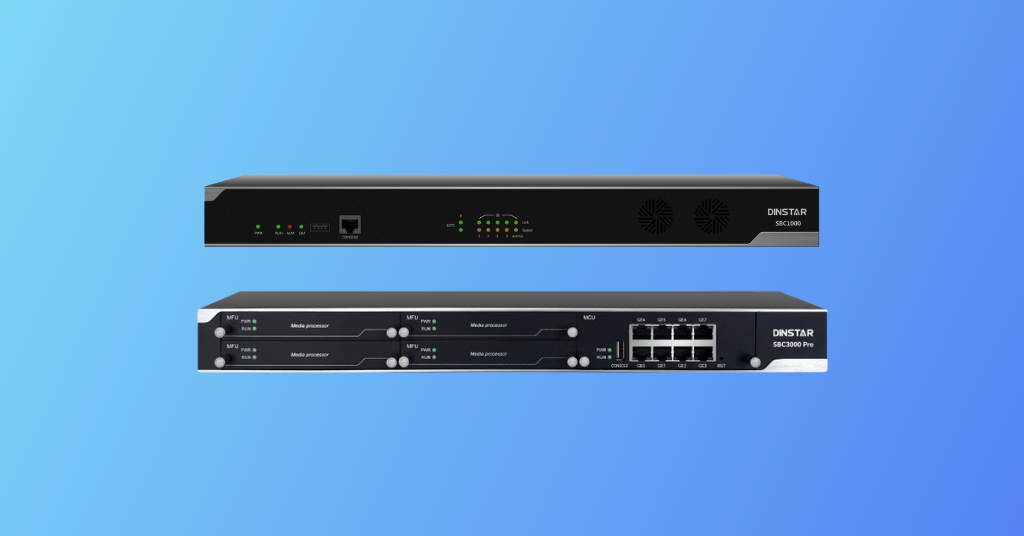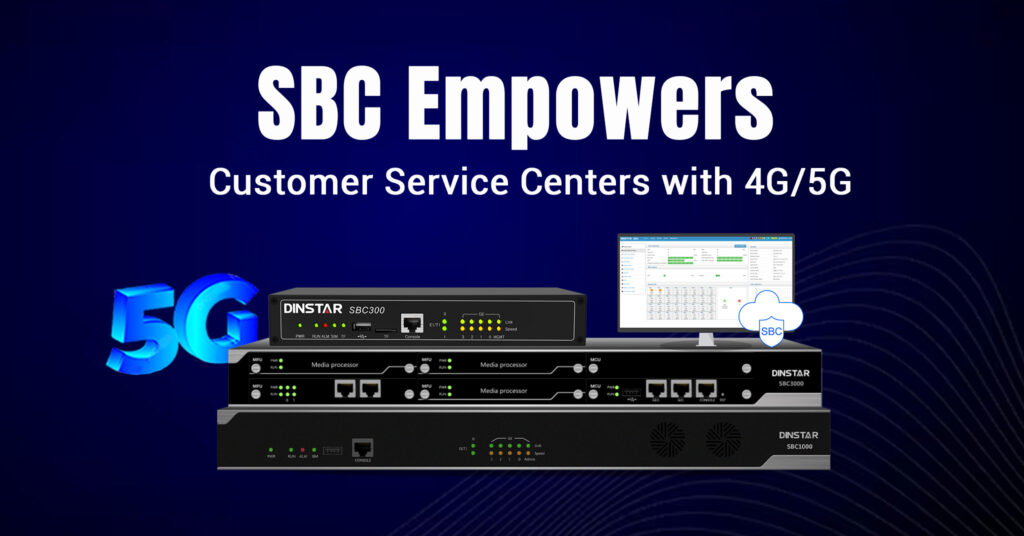In the world of VoIP (Voice over Internet Protocol), securing communication is just as crucial as ensuring call quality. With the rising threats of cyberattacks, eavesdropping, fraud, and DoS (Denial-of-Service) attacks, businesses must choose the right tools to safeguard their voice networks. Two of the most talked-about security components in VoIP deployments are Session Border Controllers (SBCs) and firewalls. While they both contribute to network security, their roles, features, and functions differ significantly.
In this blog, we’ll break down the differences between SBCs and firewalls, their individual functions in VoIP environments, and why deploying one over the other—or both—can make or break your VoIP security strategy.
What is a Firewall?
A firewall is a network security system—either hardware, software, or both—that monitors and controls incoming and outgoing traffic based on predefined security rules. Firewalls act as gatekeepers between trusted internal networks and untrusted external networks like the internet.
Explore More of Our Products Here:
Key Functions of a Firewall:
- Filters IP packets based on port numbers, IP addresses, and protocols.
- Prevents unauthorized access to or from private networks.
- Offers protection against basic cyber threats like malware, viruses, and DDoS attacks.
- Ensures network segmentation and enforces access policies.
Types of Firewalls:
- Packet-filtering firewalls
- Stateful inspection firewalls
- Next-generation firewalls (NGFWs)
- Proxy firewalls
Firewalls are the first line of defense for any enterprise network, including VoIP systems.
What is a Session Border Controller (SBC)?
A Session Border Controller (SBC) is a specialized network device designed to manage and secure VoIP traffic and multimedia sessions. It works at the session layer of the OSI model and is specifically built for SIP-based VoIP networks.
Explore More of Our Products Here:
Key Functions of an SBC:
- Manages and secures SIP signaling and RTP (Real-time Transport Protocol) media streams.
- Prevents toll fraud, call hijacking, eavesdropping, and VoIP spam (SPIT).
- Performs protocol normalization between incompatible SIP implementations.
- Enforces codec policies and ensures interoperability between VoIP systems.
- Provides topology hiding and NAT (Network Address Translation) traversal.
- Offers advanced QoS (Quality of Service) and traffic shaping.
- Controls access and enforces session limits.
SBC are essential for VoIP and UC (Unified Communications) environments because they understand and inspect VoIP protocols in depth, unlike traditional firewalls.
Why SBCs Are Critical in VoIP Deployments
An SBC is purpose-built to handle VoIP security, interoperability, and performance. Here’s how it adds value:
1. VoIP-Aware Security
SBCs provide security at the session level. They:
- Authenticate and authorize SIP messages.
- Inspect signaling for anomalies.
- Block rogue SIP packets and malicious endpoints.
2. Protocol Normalization
When connecting different SIP devices or carriers, protocol mismatches often occur. SBCs normalize SIP headers and payloads, ensuring interoperability between PBXs, SIP trunks, and softphones.
3. Media Handling
SBCs inspect and manage RTP/RTCP media streams, enabling:
- Codec transcoding
- SRTP encryption
- Bandwidth management
4. Topology Hiding
By masking internal IP addresses, SBCs protect VoIP infrastructure from external scanning and attacks.
5. Policy Enforcement
Administrators can enforce:
- Call admission control (CAC)
- Blacklist/whitelist rules
- Traffic prioritization (QoS)
Explore More of Our Products Here:
SBC and Firewall: Complementary, Not Competing
Instead of choosing between SBC and firewall, modern enterprise networks often deploy both:
- The firewall protects the overall network perimeter.
- The SBC secures and optimizes the voice path.
Together, they create a comprehensive security architecture that guards both IT assets and real-time communication systems.
Final Thoughts
In today’s VoIP-driven world, firewalls alone cannot provide adequate protection for voice traffic. While firewalls are essential for general network security, Session Border Controllers are specialized tools that safeguard VoIP environments, enhance interoperability, and optimize call quality.
By understanding the key differences between SBCs and firewalls, you can design a network architecture that is both secure and efficient. For businesses that rely heavily on VoIP communication, integrating an SBC alongside your firewall is not just a best practice—it’s a necessity.
FAQs
Q1: Can a firewall replace an SBC in a VoIP network?
A: No. Firewalls lack SIP awareness and cannot handle dynamic media ports, protocol normalization, or VoIP-specific threats like SBCs can.
Q2: Do I need an SBC if I’m using a cloud-based VoIP provider?
A: It depends. Some cloud providers include SBC functionality, but businesses with hybrid or multi-platform VoIP systems still benefit from deploying their own SBC.
Q3: Are SBCs expensive?
A: SBCs come in various sizes—from entry-level for SMBs to carrier-grade. Many vendors offer affordable options tailored to different business sizes.
Q4: What protocols does an SBC support?
A: Primarily SIP, RTP, SRTP, RTCP, TLS, and sometimes H.323 depending on the solution.



